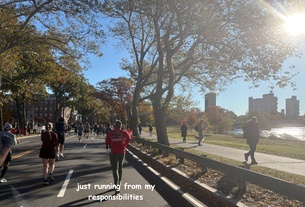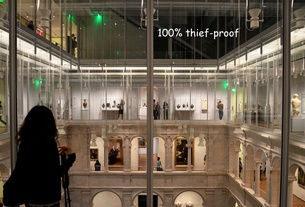Crimson opinion writer
Aidan R. Scully
Aidan R. Scully ’25 is a Classics and Religion concentrator in Adams House. His column “The Free Exercise Thereof” appears on alternate Tuesdays.
Latest Content
So Help Me God: Torcaso v. Watkins
In seven states, atheists are constitutionally barred from holding public office.
The Great (Un)Equalizer: Espinoza v. Montana
Our public education system is imperfect. But the solution is to invest in it more heavily, not to funnel those resources away to schools that insulate their students from the diversity (religious or otherwise) of the modern world.
Veritas Christo et Ecclesiae: American Legion v. American Humanist Association
Harvard is no longer a Christian institution. But being a pluralistic institution means doing more than just dropping “Christo et Ecclesiae” from the motto, and being a pluralistic country means doing more than using “historical significance” as a legal justification. Only once we acknowledge who our physical society privileges, and who it excludes, can non-Christians truly be equal participants in our national identity.
‘Forgive Us For Our Arrogance’: Town of Greece v. Galloway
If we are to make legislative invocations a genuinely inclusive civic practice, we must ensure that all of the many religious and nonreligious communities that make up our country can be and are welcomed.
Bigotry is Bigotry: Fulton v. Philadelphia
It is people of color, LGBTQ+ people, disabled people, and women who suffer whenever these exemptions are invoked, and these groups will continue to suffer unless the laws designed to protect them are allowed to fulfill their full purpose. Bigotry is bigotry, and if we do not fight it wherever we see it, we are not fighting it at all.
God in the Public Square: Shurtleff v. City of Boston
A small, reactionary subset of hardline Christians see the loss of absolute supremacy for Christianity in America’s religious landscape and view it as discrimination.





